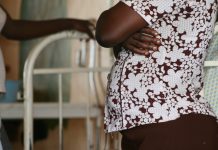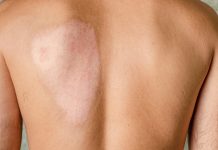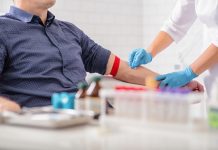Hilde Bastiaens, Principal Investigator and Project Coordinator, and Geofrey Musinguzi, Project Manager of Horizon 2020 funded SPICES reveal why engaging with communities is important in preventing cardiovascular disease
Cardiovascular diseases (CVD) are still the leading cause of death worldwide.
Not only cardiovascular diseases but non-communicable diseases as a whole account for more than three-quarters of deaths worldwide, 85% of them occur in Low and Middle income (LMIC) settings. Furthermore, many deaths are preventable by lifestyle and treating risk factors such as high blood pressure, obesity and pre-diabetes. To change your lifestyle is difficult.
Not only is it difficult within oneself to make those lifestyle changes on an individual level, but these changes are also embedded within a culture and socio-economic reality. For example, within our society, pollution plays a role or stress plays a role, so it is really a very complex interplay of factors that makes preventing cardiovascular disease challenging.
The SPICES project
SPICES is a research project about Scaling-up Packages of Interventions for Cardiovascular disease prevention in selected sites in Europe and Sub-Saharan Africa. This project is funded by the European Commission through the Horizon 2020 research and innovation action.
What we envisioned was to investigate how to implement a programme for preventing cardiovascular disease with specific attention to vulnerable populations in primary care and community settings, looking at barriers and facilitators and looking at how to close the gap between research and practice. We took a participatory approach and worked together with local partners.
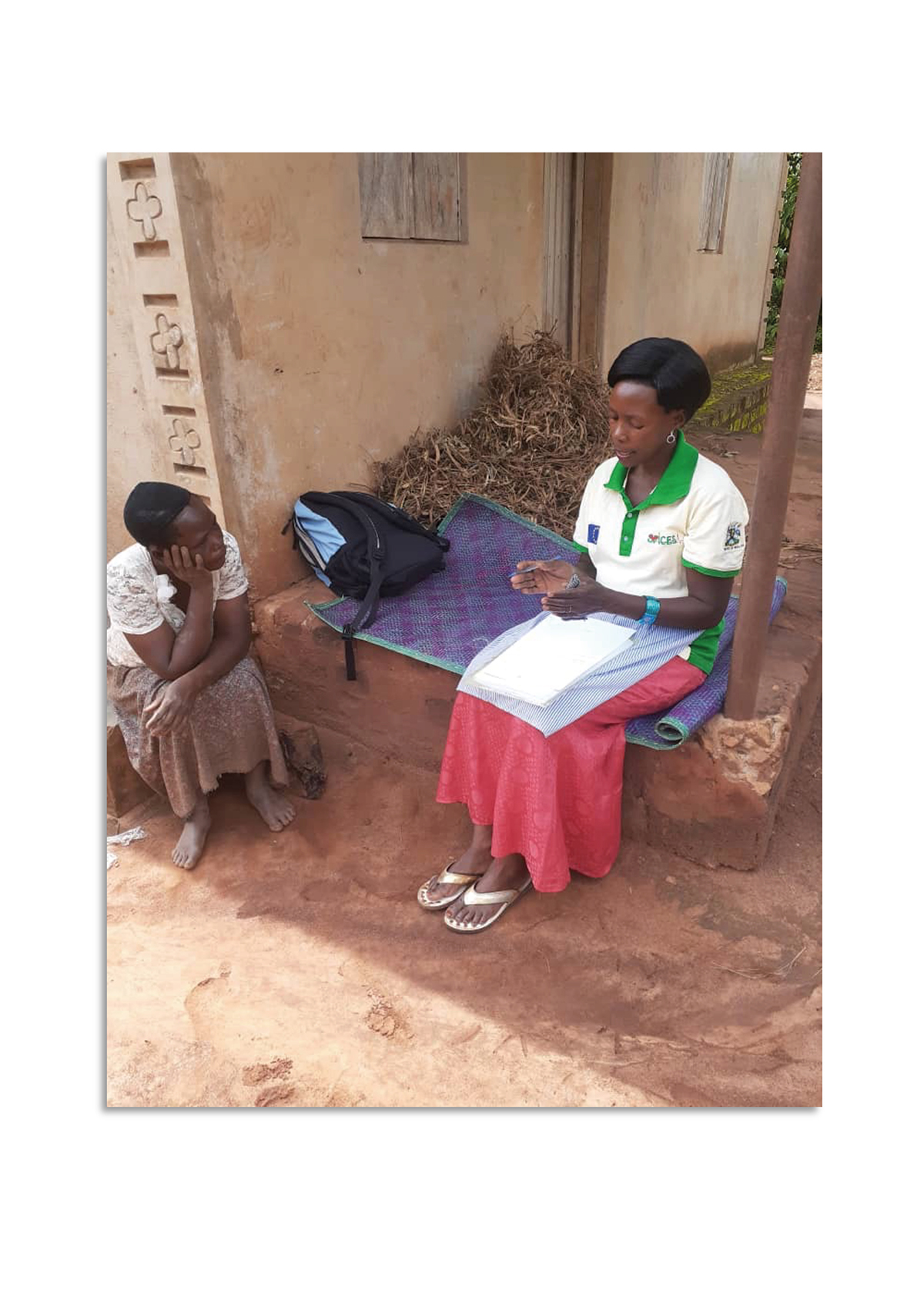
Implementation was undertaken in five settings:
- A rural & semi-urban community in a low-income country (Uganda).
- A middle-income country (South Africa).
- Vulnerable groups in three high-income countries (Belgium, France and United Kingdom).
As a promoter of a PhD on hypertension in Uganda, Hilde Bastiaens as the Supervisor, was working together with Geofrey Musinguzi, who comes from Uganda and is now the Project Manager. This project was a continuation of Geofrey’s PhD work, which was a great trajectory to work on, and allowed for the ability to learn from each other – something that throughout this whole project we have seen and tried to make the most of when tackling both big and small challenges.
How do you reach vulnerable people to check on their health?
In the SPICES project, we employed an evidence based contextualised intervention that was implemented via local community and primary care organisations that were familiar to the target group. In all settings, profiling based on a simple non-laboratory tool, the Interheart, was used. This allowed lay people from the community to be involved in the profiling after a short training.
In the global south, partners worked with community health workers, which is already common practice. We found that healthcare is often also more structured and leads to better collaboration. Provision of equipment and medication, is a challenge. What we have experienced in the higher income countries in the North, is a disparity of organisations who each work on themselves but do not cooperate a lot.
This makes it challenging because one of the pillars of effective prevention is working with different local health and welfare actors, specifically when you want to reach a vulnerable population.
Flexible and free health kiosk
In Antwerp, we had the opportunity to work together with a local organisation working on prevention and together, we built up a very flexible and free health kiosk. It acts as a place where people from the community can go to receive health information, and it was built up organically with people and organisations from the community starting very low level, such as providing free fruit and vegetables on a certain day of the week.
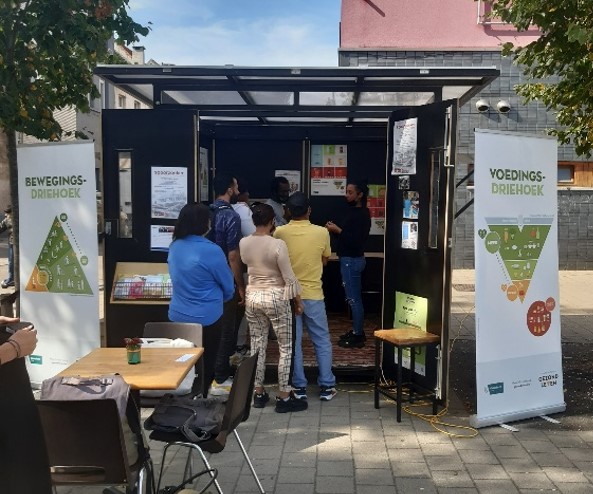
Over a year this grew to be a place of trust, and vulnerable people visit with all kinds of questions. One of the things we do there is patient risk profiling – one of the main project aims of SPICES. We have seen that you really reach vulnerable people this way, and we want to stress the importance of continuing with that.
Furthermore, we also have started up a collaboration with medical students who go every month and volunteer, by taking blood pressure or even just explaining complicated information. It is a small thing, but for the participants, it means a lot.
This was an example from the Antwerp setting but working with local community organisations and peers, was used in every setting of the SPICES project. Building trust with the target group of vulnerable people, proved to be a very important condition to work on CVD prevention.
The SPICES Project is now in its final stages, with the implementation done in each setting. It will be completed in June 2022 due to a COVID-19 related extension, and we hope that our programmes will keep on running, that they do not stop when Spices stops. Find out more here about the project and the important work being done to facilitate effective implementation of CVD prevention programmes.
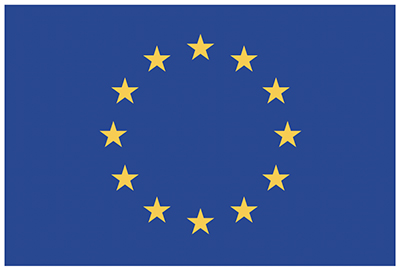
The SPICES project has received funding from the European Union’s HORIZON 2020 Research programme under the Grant Agreement no. 870811.
*Please note: This is a commercial profile
© 2019. This work is licensed under CC-BY-NC-ND.





